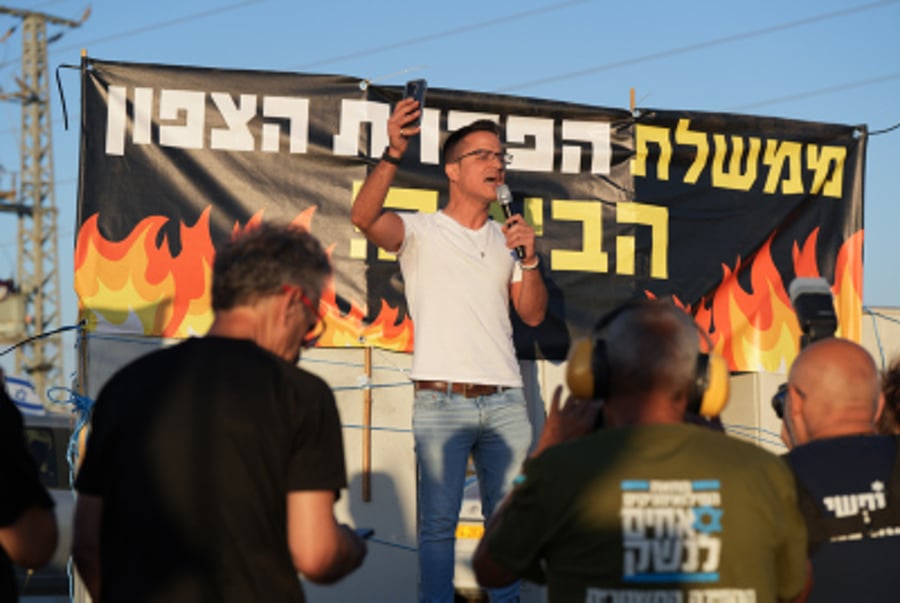
As dusk settled over Jerusalem and Tel Aviv, the "Day of Disruption" morphed into evening marches, the protesters' chants echoing through streets steeped in history and conflict. This day of nationwide unrest wasn't just about traffic jams and burning tires—it was a visceral expression of a country grappling with its worst trauma in decades.
Outside the home of Knesset Speaker Amir Ohana, demonstrators wielded megaphones and righteous anger. "If your alarm clock didn't wake you up, we're here to do it!" they shouted, a stark reminder of the perceived complacency that many believe led to October 7th's security failures.
The protests took on a deeply personal tone. Yehuda Cohen, father of hostage Nimrod Cohen, appealed directly to labor union chief Arnon Bar-David, urging him to leverage the power of organized labor to push for a hostage deal. It's a plea that underscores the agonizing wait endured by families of the captives.
Meanwhile, the tech sector's involvement signals a shift in Israel's economic powerhouse. With over 150 companies giving employees a green light to join the protests, it's clear that discontent has seeped into the corridors of the "Start-up Nation."
As night fell, the protests showed no signs of abating. In Tel Aviv's Kaplan Junction and Haifa's Matam High-Tech Park, thousands gathered, their resolve hardened by nine months of war, uncertainty, and what they see as governmental failure.
This "Day of Disruption" may be just one day in Israel's tumultuous history, but it crystallizes the nation's internal struggles. As the country continues to fight external threats, it's increasingly clear that the battle for Israel's soul is being waged on its own streets.
* Ynet contributed to this article.




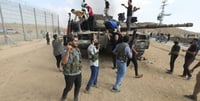
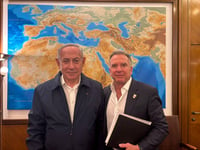
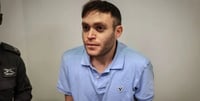



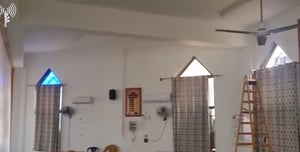
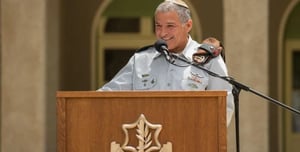
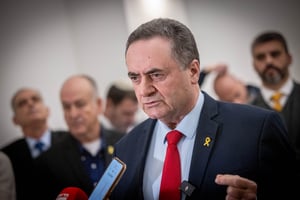
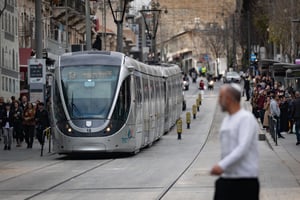
0 Comments